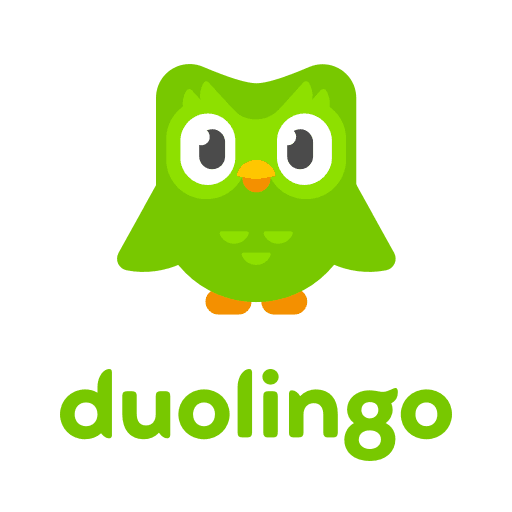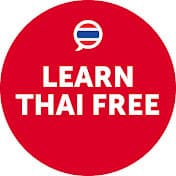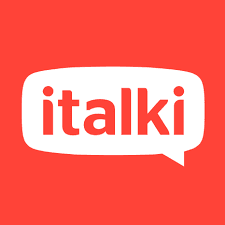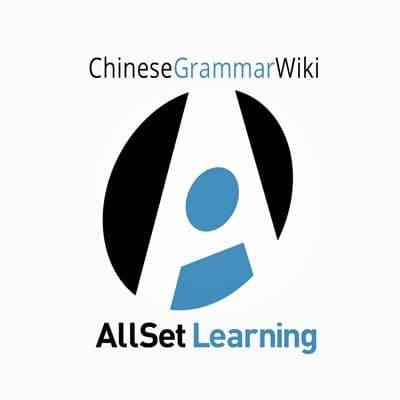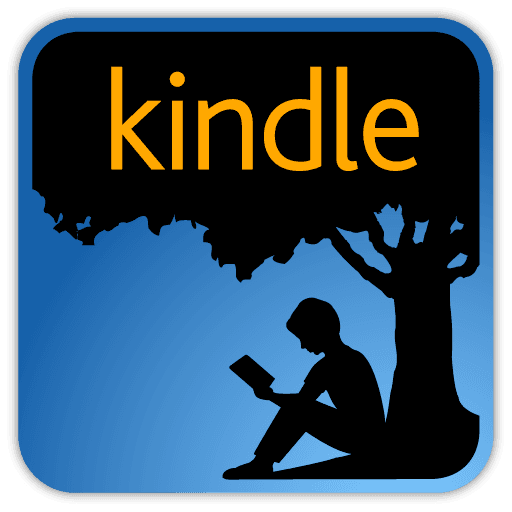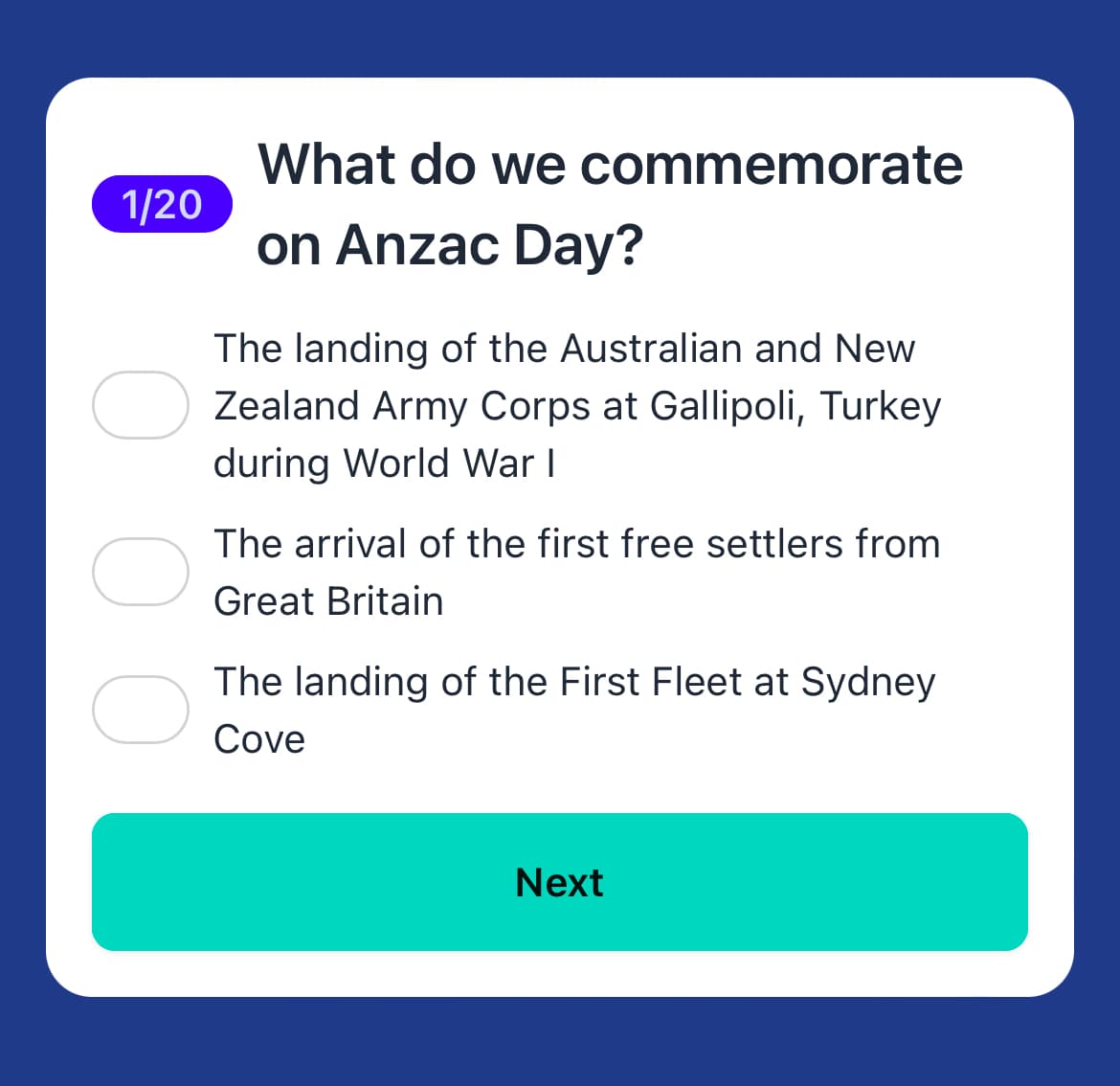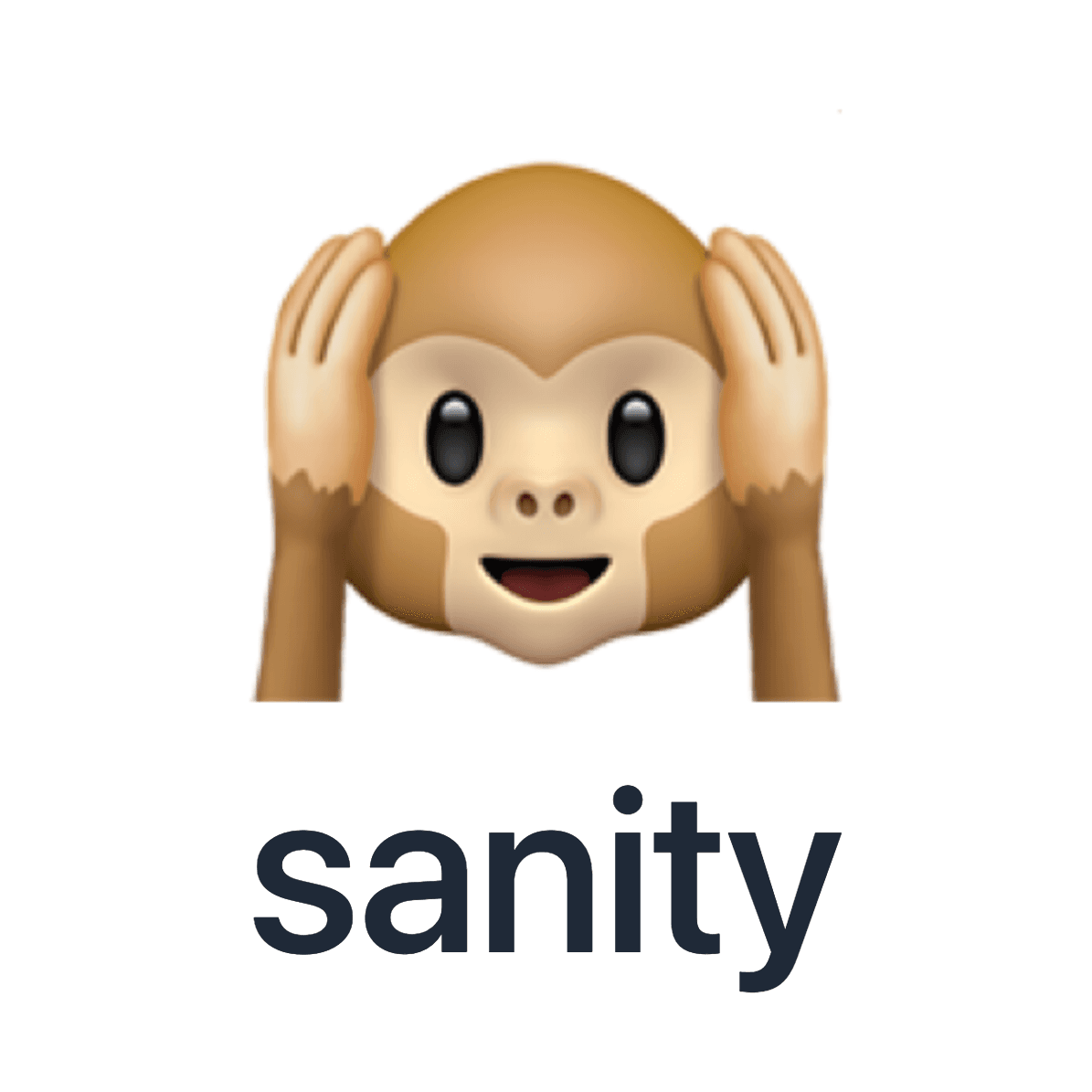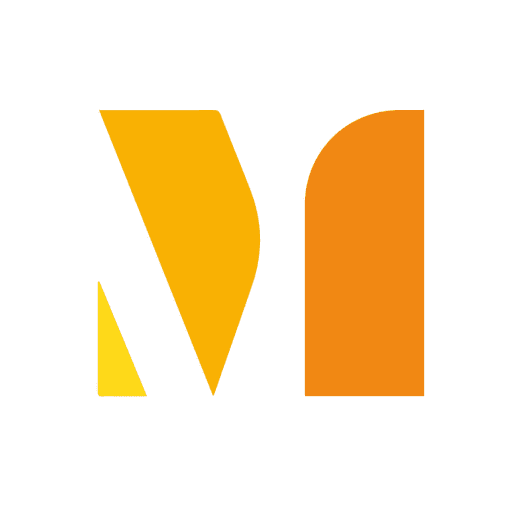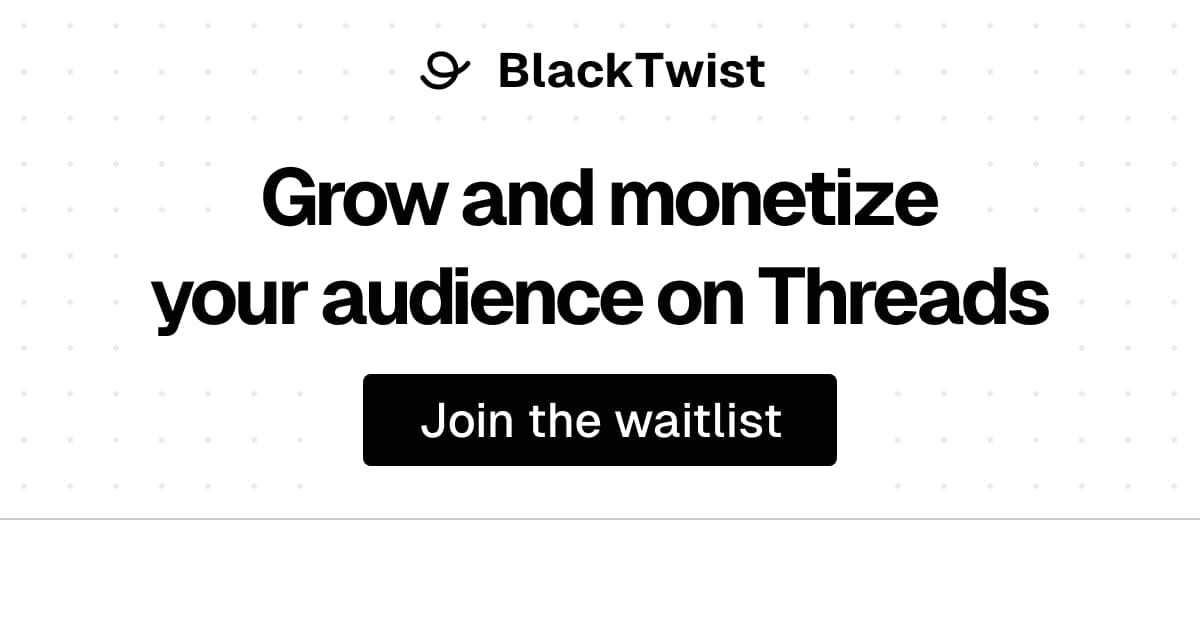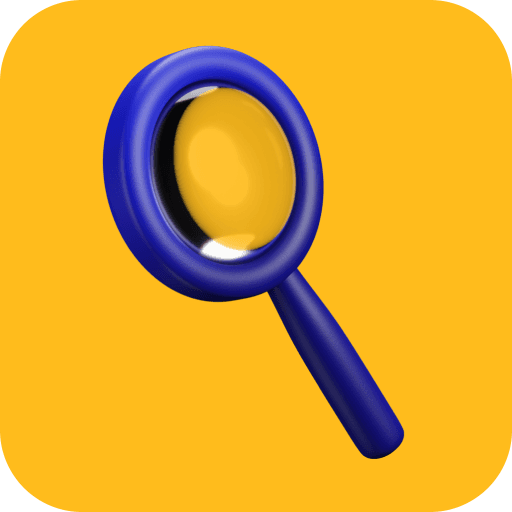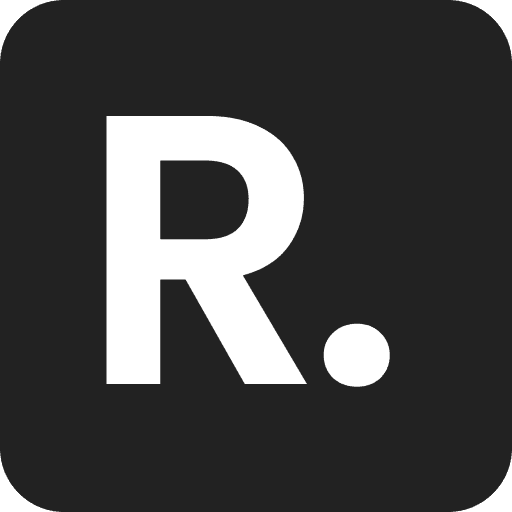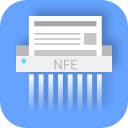Facebook vs. Duolingo
A social media app built by Mark Zuckerberg
Duolingo
Duolingo is an app and website designed to help people learn languages in a simple and engaging way. It’s free to use, though there are paid options that remove ads and offer extra features. The lessons are short and interactive, with exercises that involve matching words, listening to sentences, speaking, and translating. A green owl named Duo acts as the app’s mascot—offering encouragement when you stay on track and reminders when you don’t. The platform offers a wide range of languages, from widely spoken ones like Spanish, French, and Chinese to less common choices like Welsh, Hawaiian, and even fictional languages like Klingon and High Valyrian. Lessons focus on practical, everyday communication—like ordering food or asking for directions—though you’ll occasionally encounter quirky sentences that are memorable in their oddness. Duolingo adapts to your progress: if you’re struggling, it slows down; if you’re doing well, it introduces more challenging material. There are game-like...
Reviews
Reviews
Reviewed on 1/27/2025
I love Duolingo but I don't love the ads. There are too many of them and they completely kill my flow :(

| Item | Votes | Upvote |
|---|---|---|
| No pros yet, would you like to add one? | ||
| Item | Votes | Upvote |
|---|---|---|
| No cons yet, would you like to add one? | ||
| Item | Votes | Upvote |
|---|---|---|
| No pros yet, would you like to add one? | ||
| Item | Votes | Upvote |
|---|---|---|
| Ads | 1 |
Frequently Asked Questions
Facebook is primarily a social media platform designed for connecting with friends, sharing content, and engaging in discussions. In contrast, Duolingo is focused on language learning and does not facilitate social interaction in the same way. Therefore, if your goal is social interaction, Facebook is the better choice.
Duolingo is specifically designed for language learning, offering structured courses and exercises to help users learn new languages effectively. Facebook, while it can be used for educational purposes, is not primarily an educational tool. Thus, for language education, Duolingo is the superior option.
Facebook is a social media app built by Mark Zuckerberg. It allows users to connect with friends, share updates, photos, and videos, join groups, and follow pages of interest.
Currently, there are no user-generated pros or cons listed for Facebook.
Mark Zuckerberg is the co-founder and CEO of Facebook. He launched the platform in 2004 while he was a student at Harvard University.
Facebook offers a variety of features including the ability to post status updates, share photos and videos, send messages, create events, join groups, follow pages, and use various apps and games.
Duolingo is an app and website designed to help people learn languages in a simple and engaging way. It offers a wide range of languages, from popular ones like Spanish and French to less common choices like Welsh and even fictional languages like Klingon. The lessons are short, interactive, and focus on practical communication skills.
The main pro of Duolingo is its engaging and interactive approach to language learning, making it convenient and easy to use. However, a notable con is the presence of ads, which some users find disruptive to their learning experience.
Duolingo adapts to your progress by adjusting the difficulty of lessons based on your performance. If you are struggling, it slows down the pace, while if you are doing well, it introduces more challenging material to keep you engaged.
Duolingo offers various features to enhance language learning, including game-like elements such as points, streaks, and levels. Additionally, it provides podcasts, stories, and interactive exercises to improve listening and reading comprehension.
Yes, Duolingo is convenient and easy to use, allowing you to practice language skills almost anywhere—whether on the bus, during a lunch break, or before bed.

